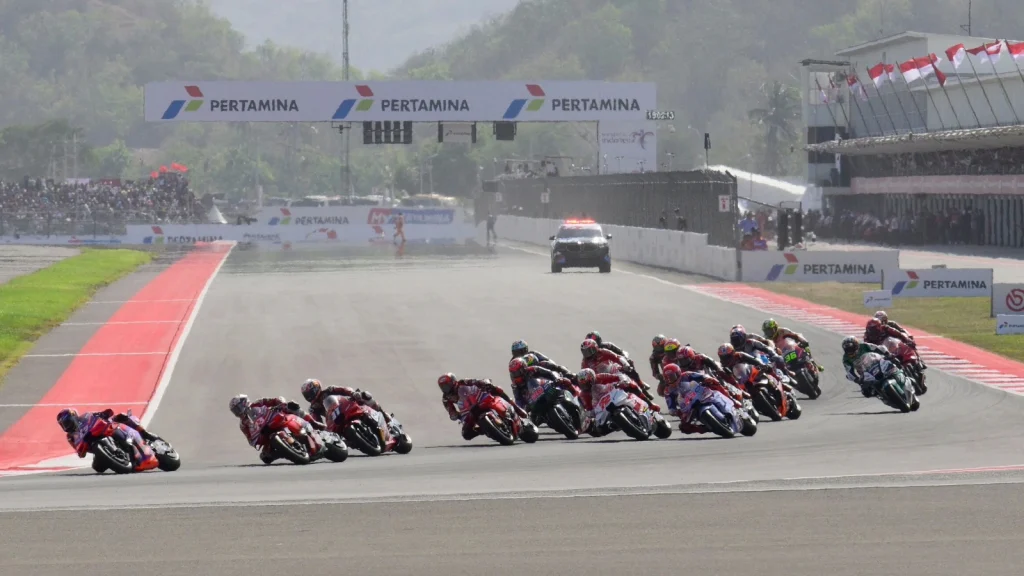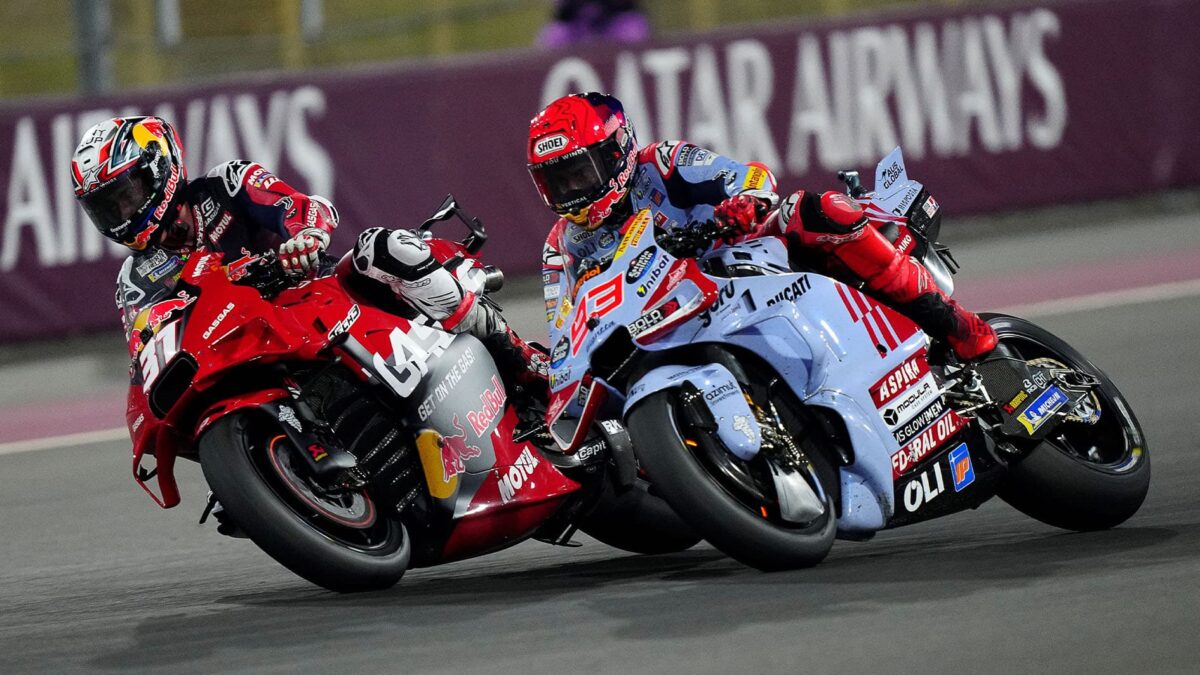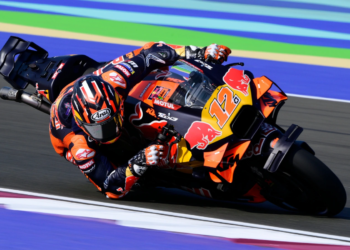MotoGP is a sport embraced across the world. Among the many venues, some races are held in countries or cities where certain riders are from. As a result, there is a belief that competitors have a “home advantage” when racing in these locations, thanks to the support of their local fans and familiarity with the track in question.
But are there home-circuit benefits in MotoGP, and can riders receive an advantage simply by competing in their native country? To understand what home advantage means in a sport like MotoGP there are many other factors to consider as well.
Home advantage and its importance in sport
In nearly all sports, playing at home is considered advantageous in giving an edge, and it can be useful information for punters when putting together bets. If you check the top UK bookmakers rated by www.legalbet.uk, you will often find that home teams are favoured in the odds.
Home advantage has proven to be a positive factor in the mindset of athletes. The support of the fans, combined with not having to travel and the greater familiarity of conditions, is thought to give players an upgrade in performative edge.
At the same time, an away team in a football match, for example, typically plays in a less-friendly, more hostile environment, which, coupled with unfamiliar of pitch conditions can throw them off their game.
Even teams that are naturally or competitively stronger often have their odds extended when playing away. But does this home advantage factor affect MotoGP riders?
Does home advantage play a role in MotoGP?
MotoGP is the premier motorcycle racing championship, known for its high level of competition and the extreme demands it places on the riders. Given the nature of the sport and the wealth of stats recorded from results, bettors try to use data to predict race outcomes.
According to some betting experts, home circuit advantage can be a useful indicator when determining who might perform better. However, it’s far more complex than simply assuming local riders have an edge.
A rider that’s continuously at the back of the pack on race days, isn’t suddenly going to jump to the front of the grid because it’s their home track – the ability of man and machine still have to be there. But a backtracker could still receive enough of a boost from racing on a home circuit to maybe get into the middle of the pack.
The performance of riders in local races
To back up a supposed home advantage, it is worth looking at a rider’s previous track record at an event. Just because Spain’s Maverick Viñales is racing at Barcelona, doesn’t mean the track type suits his riding style. Also, what of riders that come from places where a MotoGP race isn’t held – does that give them less of an advantage in a season?

When examining racers’ performance records on tracks in their home countries, the results are mixed. This seems to be influenced by the fact that some riders struggle with the pressure of competing at home, the aforementioned type of track, level of competitiveness, while others thrive and achieve notable results.
For example:
- Cal Crutchlow, one of the most successful British riders, consistently finished in the points at Silverstone for the British Grand Prix.
- Italy’s Valentino Rossi was renowned for his impressive record at Mugello, where he became the circuit’s most successful rider.
- Marc Márquez also enjoyed great success at the Spanish Grand Prix.
- Jorge Lorenzo, another Spaniard, was celebrated for his strong performances at the Jerez circuit.
While many riders have demonstrated exceptional mastery on their local tracks, it’s worth noting that these individuals were often among the top competitors in the sport at the time. In other words, their success extended beyond their home circuits, so it came with little surprise that they just performed well when it came to their respective home rides.
Beyond the elite riders in the record books, home advantage evens out because there are plenty of Spanish riders who have never won in Spain, for example.
What other variables are relevant in MotoGP races?
Given the significant impact of technical factors, such as engine performance and race preparation, the locality can often be considered a subjective factor. When assessing the favourites for a MotoGP race, it’s generally more effective to focus elsewhere.
Current season form is definitely high up the list and plays a far more decisive role than the location of the race. Upgrades to a bike, a rider’s set-up for a particular track, the weather, and the type of track in question (whether it’s a traditional racetrack or an urban circuit) are all important.
It is worth glancing at a rider’s previous record on a given track, and even similar tracks. Italian riders will feel special riding in their home country, just as a British rider will on their home soil. Every rider wants to win their “home” Grand Prix just because of the support. But riding on a home circuit is far from guaranteed success.








